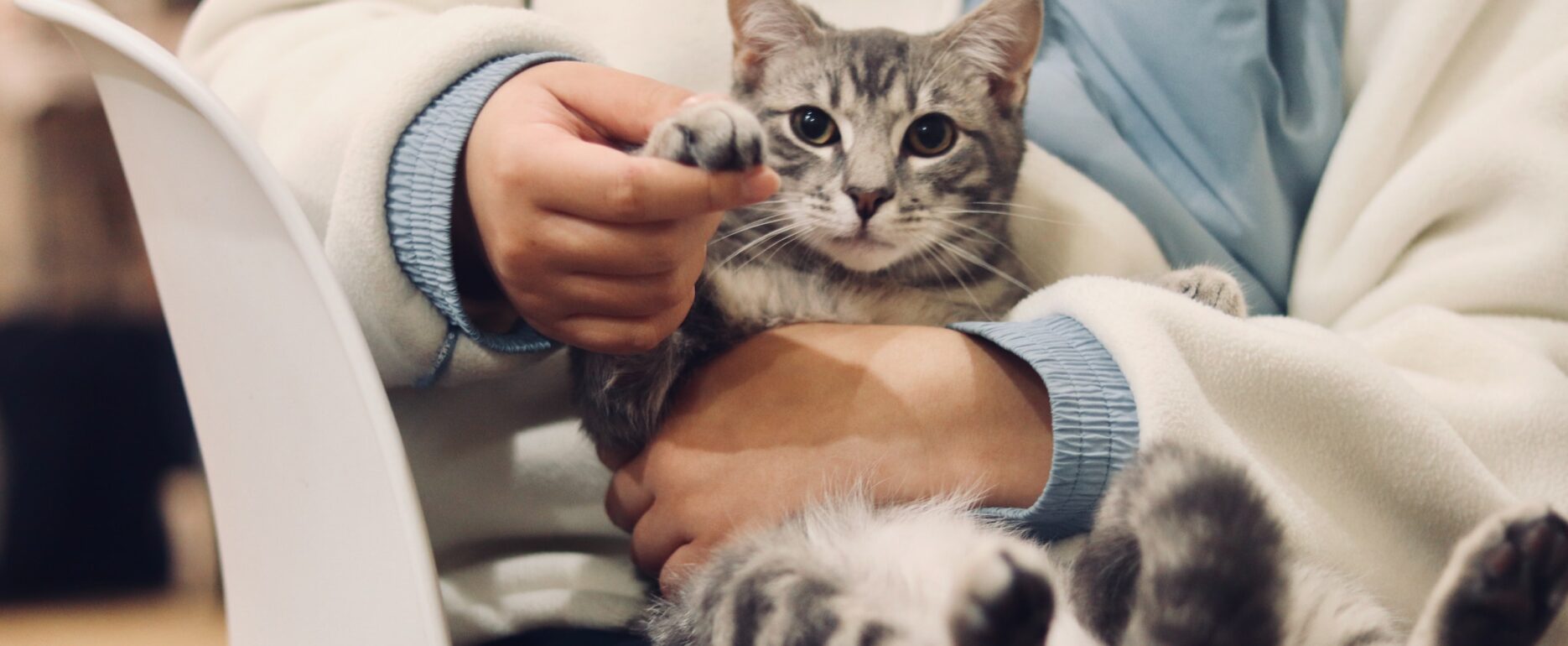Trust the skill of your vet
Your vet has a depth of training and skills to provide the very best care to your vet – so you have every reason to trust their judgement.
This doesn’t mean you have to blindly accept everything they recommend. No-one knows your pet better than you, and your vet respects your opinion too. They want you to ask questions, be part of the process, and fully understand the ‘why and how’ of treatment.
It’s good to:
- Ask plenty of questions (until you’re satisfied you understand)
- Research your pet’s condition, so you can ask informed questions
- Take notes or record key pieces of information your vet gives you (it can be hard to remember everything)
It’s not-so-good to:
- Insist that someone else’s opinion (e.g something you read on a pet forum, or because ‘a friend had this happen’) is more valuable than your vet’s diagnosis.
- Question your vet’s experience, age or qualifications. If they’re a qualified vet, and they’re part of a clinic team, they have everything they need to provide first-class care.
Follow your treatment plan to a ‘t’.
For the prescribed medication or treatment plan to work, you and your pet really need to ‘stick with the programme’. That means following all advice, giving the medications correctly, and completing the course of treatment.
We understand it’s not always easy to treat your pet at home (e.g getting a cat to swallow a pill is quite a skill!) Your veterinary team will be happy to demonstrate correct techniques, and help you as much as you need.
Help your pet prepare for their clinic visits
As a pet parent, you can help your pet feel less stressed about going to the vet. You can practice at home to make sure they’re comfortable about being handled, or having different parts of their body touched. You can also ask your vet about calming treatments that may help before a visit.
 TIP
TIP
Most vet clinics are happy for you to make ‘familiarisation’ visits. Where you just pop in, let your pet enjoy a treat & a greeting, and go home again.
Take responsibility for your pet’s behaviour
Ultimately, your pet’s behaviour and the safety of others around them is your responsibility. If your pet needs help with socialisation, aggression, or fear – there are behaviour specialists who can help you. Ask your clinic for some recommendations.
If you’re concerned your pet may be aggressive during a vet visit, please tell the clinic so they can take precautions. The worst thing you can do is pretend there’s no problem, and then someone gets injured ‘out of the blue’.


